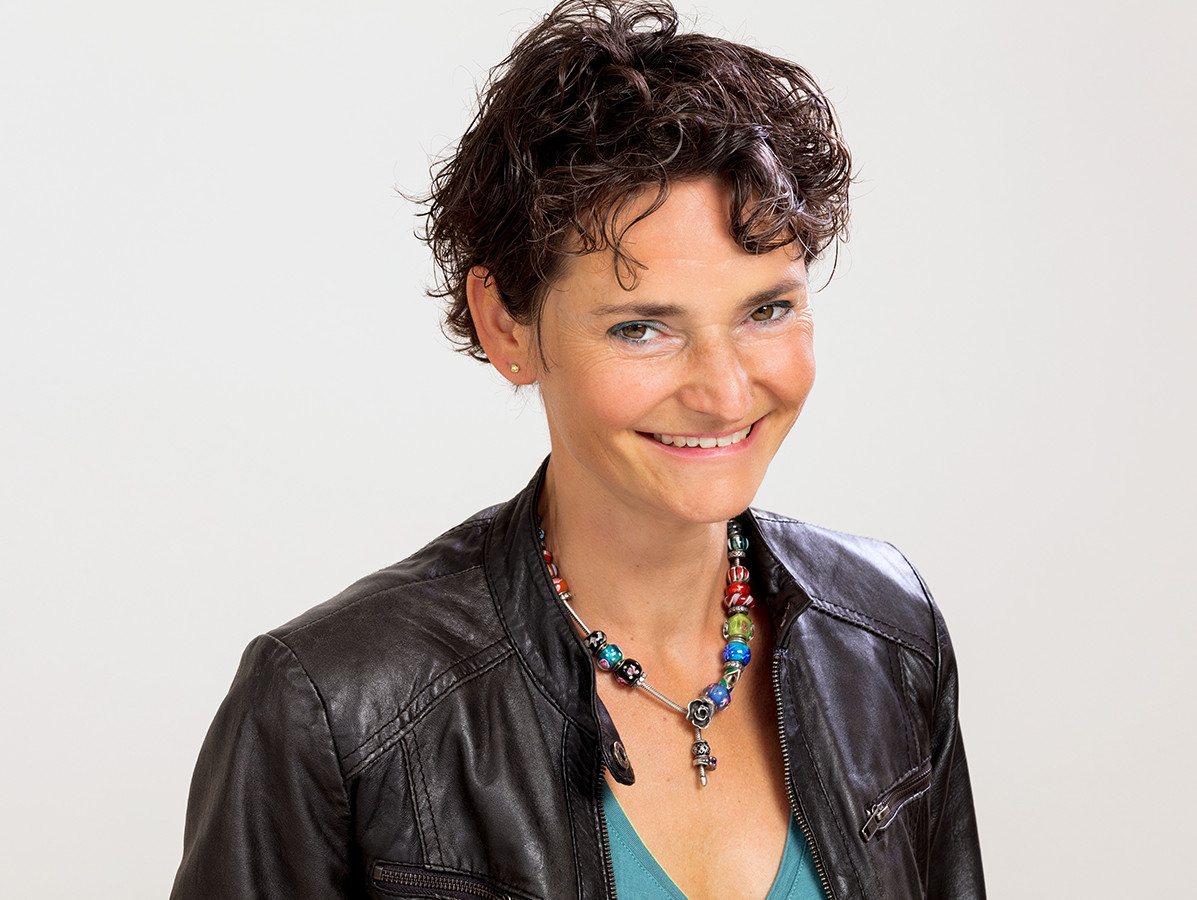
Did you make them too? New Year's resolutions? More sports and exercise. Have a healthier diet. Cutting down on alcohol. Lose weight. Be less stressed, have more fun. Living more sustainably. Learn something new!
Research shows that a 25% of people keep their resolutions for less than two weeks. Lack of motivation makes you fall back into old habits. This has to do with the 'will muscle'. Throughout the day, we make choices that call on our mental muscle power. Starting the day with a 7-minute workout. Check! Have a cold shower or not? Alright then. No reaching for the bag of sweets when the stress of the deadline increases. Pfff... Oh right: no stressing! Throughout the day you have been relying on your willpower. At the end of the day, it is done. Not having a glass of wine with dinner? Yeah, I don’t think so…
There is an enormous gap between what we say and think - and what we actually do. That is old news. Virtually all consumers indicate in surveys that they consider issues such as animal welfare, the climate and green energy important. The actual purchase of sustainable products and services still shows a different picture. As soon as the willpower is appealed to, factors such as affordability, convenience and taste take priority in the choice. So nothing ever changes. Or does it?
Chaos is a precondition for real change', argues transition professor Jan Rotmans of Erasmus University Rotterdam in an interview in the January issue of De Ingenieur. In an unstable system, an action can spread faster'. There has been no shortage of chaos in the past two years. In the same article, Rotmans also stresses the importance of cooperation between different disciplines. There is a will to do so. Just look at all the new consortia and chain-wide partnerships. The tricky thing is that the technologist, scientist and marketeer often do not speak the same language; it takes them months to get on the same wavelength. And the various computer systems cannot exchange data just like that.
If chaos is a condition for change, then order is necessary to make the change a habit. On average, it takes people 66 days to acquire a new habit. It is easier if you make them specific. And if you remain realistic. Not too much at once, step by step. Just brace yourself, set aside about three months, and train that will muscle. It is possible to live and do business more sustainably. Where there is a will, there is a way.
Judith Witte
[email protected]
Source: Vakblad Voedingsindustrie 2022